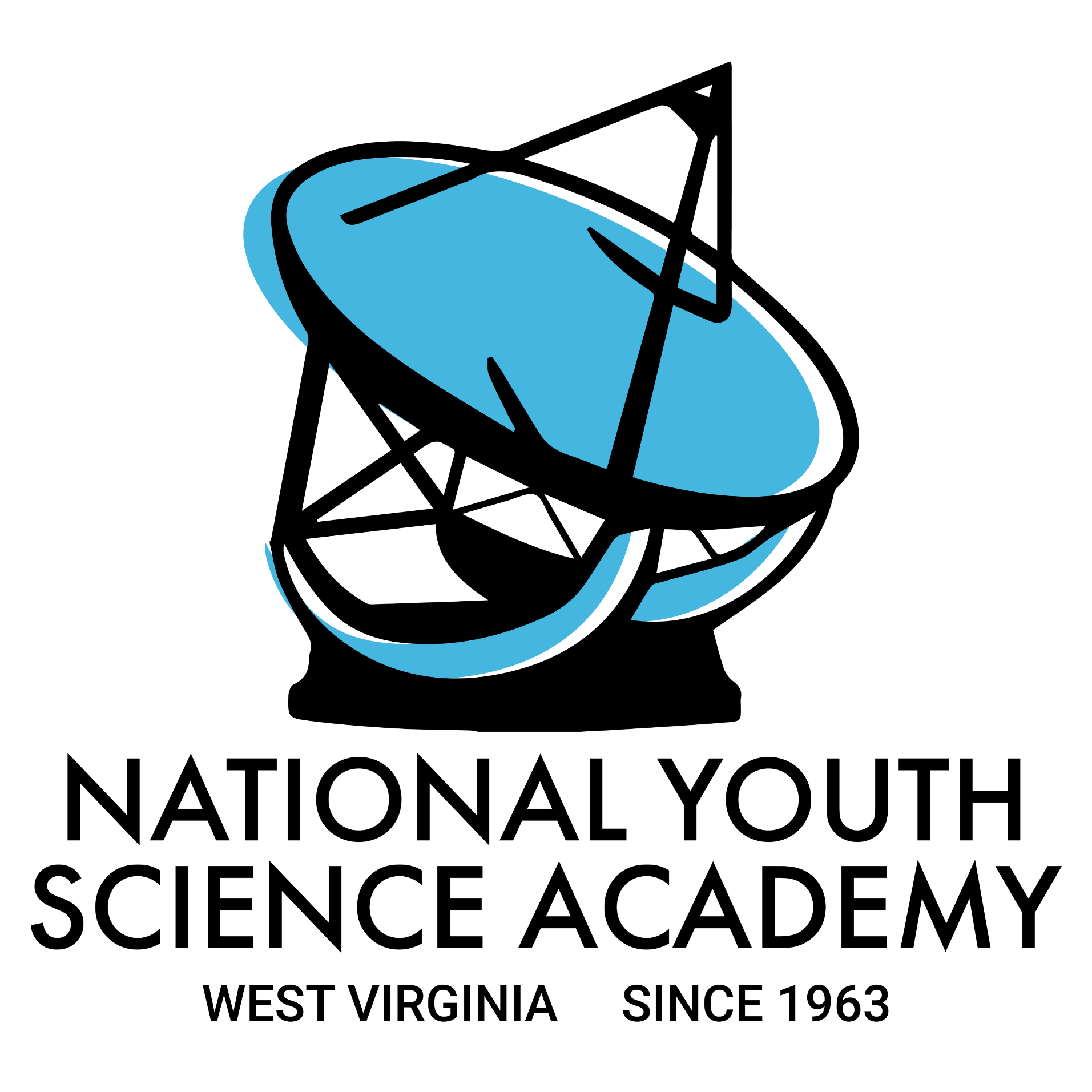Charleston Gazette — As you read this article, take a moment to think about where would we be today without science. Personally, I cannot imagine living in a world without the vast innovations and advancements the world of science has created.
I often wonder what will inspire the next generation of science innovators. A half century ago, it was space exploration. However, today’s inspirational events are a bit more complicated. Our country has a growing need for a multitude of science innovations. From environmental to energy to health-care problems, we need our students to be the innovators of tomorrow and find solutions to these growing challenges.
Perhaps some of the innovations will be found during the first ever West Virginia Youth Science Camp. This camp, which takes place this week, is being fully funded and supported by the West Virginia Department of Education and the National Youth Science Foundation.
Two 10th grade students from counties around the state have packed their bags and are headed to Cedar Lakes in Ripley. These students will be challenged academically through exciting lectures by experts in various fields of science, by hands-on studies, and on field trips to locations across the state. From dusk till dawn, students will eat, breath and embrace the wonderful world of science.
West Virginia has long been a leader in the educational arena. When faced with the current crisis of our students falling behind their peers in various countries across the world in math and science, we maintained our reputation and became forerunners for tackling the issue through the adoption of 21st century learning. In a speech given to the National Academy of Sciences, President Obama urged every state to fix this growing problem through such measures and through the betterment of science and math education.
We here in West Virginia are serving as an example for the rest of the United States. Whether or not a child plans to go into a math or science-related field as a future career, achievement in math and science is stressed in school for everyone. As a part of “Global21: Students deserve it. The world demands it,” the West Virginia Board of Education updated state curriculum to include rigor, relevance and 21st century performance skills.
Also, in a recent board meeting the state board discussed additional updates to the Next Generation Standards. The investment in science and math education today, will allow us to be globally competitive tomorrow.
I am hopeful with the advancements West Virginia is making our students will be globally competitive in the fields of math and science and will no longer be behind their global counterparts.
In addition to the changes made to the curriculum, the state is encouraging participation in other events promoting 21st century science education such as the recent National Lab Day. In November 2009, President Obama signed a proclamation declaring a day in May to be National Lab Day. This event encourages educational institutions and local communities to work together to support science education, and a number of schools across the state participated.
I can only hope that the seeds of inspiration can be planted outside of the classroom during events such as the National Lab Day and the West Virginia Youth Science Camp. I am confident our students have the talent. Now they also have the opportunity through science camp.
The academic benefits will continue long after the weeklong summer camp ends. Following the camp experience, students will be expected to conduct research projects in a real-world context and report findings at four extended weekend sessions throughout the school year. The knowledge they gain and the personal experience promise to last them a lifetime.
Now I ask you again. Where would we be without science?
Marple is West Virginia Superintendent of Schools.
